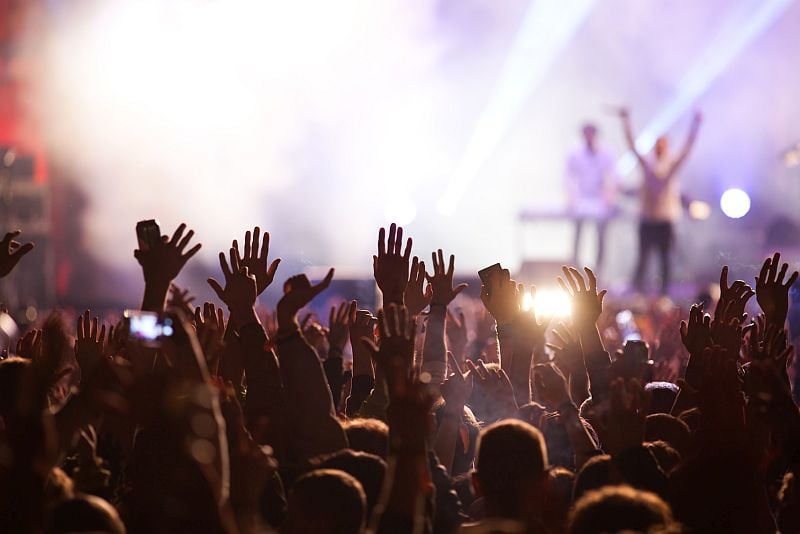
Live musical performances speak to the soul, stimulating the brain in ways more powerful than listening to a recorded tune does, new research finds.
“Our study showed that pleasant and unpleasant emotions performed as live music elicited much higher and more consistent activity in the amygdala [the emotional center of the brain] than recorded music,” said lead researcher Sascha Fruhholz, a professor of cognitive and affective neuroscience at the University of Zurich in Switzerland.
“The live performance also stimulated a more active exchange of information in the whole brain, which points to strong emotional processing in the affective and cognitive parts of the brain,” Fruhholz added in a university news release.
Music can have a strong effect on emotions, and prior studies have shown that listening to recorded music stimulates emotional and imaginative processes in the brain, researchers said.
But it’s not clear whether listening to music in a live setting — at a music festival, rock concert, opera performance or piano bar — triggers a different response in the brain, researchers said.
To examine this, researchers performed MRI brain scans on the amygdala of 27 people as they listened to a pianist playing live music.
During the performance, the pianist adapted his performance to intensify the audience’s emotions, based on the MRI feedback.
The participants also listened to a recorded copy of the same music played by the same musician.
Only live music showed a strong and positive coupling between the features of the musical performance and brain activity in listeners, researchers found.
Live music also caused a strong synchronization between their emotional experience and the auditory brain system — the part of the brain that assesses music according to its acoustic quality. Recorded music didn’t have this effect.
Given all this, researchers concluded that the experience of attending a live concert cannot be replicated by listening to recorded music at home.
The new study was published Feb. 26 in the Proceedings of the National Academy of Sciences.
“This can perhaps be traced back to the evolutionary roots of music,” Fruhholz said. “People want the emotional experience of live music. We want musicians to take us on an emotional journey with their performances.”
More information
Harvard Medical School has more on why music is good for the brain.
SOURCE: University of Zurich, news release, Feb. 26, 2024
Source: HealthDay

Leave a Reply